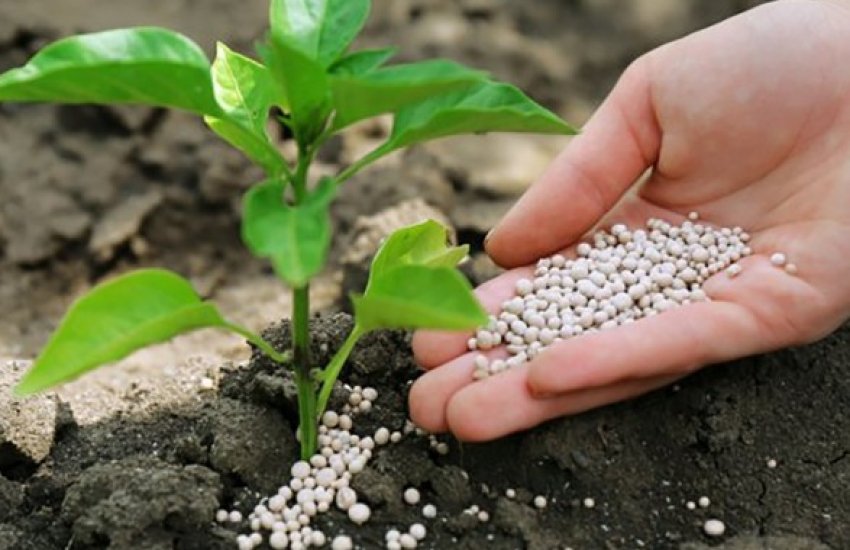European Parliament approved new tariffs on agricultural products and fertilizers from Russia and Belarus

On Thursday, May 22, MEPs in Brussels approved the European Commission’s proposal to increase tariffs on a number of agricultural products from Russia and Belarus by 50%, as well as to introduce tariffs on fertilizers.
The bill was approved in the first reading. It was supported by 411 MEPs, 100 voted against, and 78 abstained. The EU Council will now vote on it.
According to the decision, tariffs on some nitrogen fertilizers will increase gradually over three years – from the current 6.5% to about 100%, which will effectively stop their exports to the EU. In addition, additional fees of 40-45 euros per tonne will apply during 2025-2026. By 2028, these duties will increase to 430 euros per tonne.
An additional 50% duty will also be imposed on certain categories of agricultural products. The new duties will affect agricultural products such as sugar, vinegar, flour and animal feed.
The aim of this step is to further reduce the EU’s dependence on Russia and Belarus. It is expected that the proposed measures will significantly reduce imports into the EU of the relevant goods originating in Russia and Belarus.
The new duties do not affect Russian exports of agricultural products and fertilizers to third countries, which “is in line with the EU’s obligations to ensure food security worldwide”. This means that the purchase and sale of Russian agricultural products remains unchanged, as well as their storage in EU customs warehouses, transportation on its vessels and the provision of insurance and financing services.
The EU stressed that the profits from the sale of fertilizers from Russia and Belarus directly contribute to the war against Ukraine.
As of 2023, Russia supplied 25% of all fertilizers imported by EU countries – about 3.6 million tons, which brought the Russian budget 1.28 billion euros. The new tariffs should reduce this dependence and contribute to the development of European fertilizer production.
Recall that since last year, the EU has been discussing the possibility of increasing duties on agricultural and food products, as well as fertilizers from Russia and Belarus.
It should be noted that among Russia’s demands during the peace talks was the lifting of sanctions on Russian food producers and exporters, as well as vessels involved in the trade in food and fertilizers.
For almost 30 years of expertise in the agri markets, UkrAgroConsult has accumulated an extensive database, which became the basis of the platform AgriSupp.
It is a multi-functional online platform with market intelligence for grains and oilseeds that enables to get access to daily operational information on the Black Sea & Danube markets, analytical reports, historical data.
You are welcome to get a 7-day free demo access!!!
Read also
Turkish Ports Added to UkrAgroConsult LineUp Reports
Iran threatens to attack any ship that tries to pass through the Strait of Hormuz
Indonesia increased the reference price and export duty on palm oil
War in the Middle East has doubled tanker freight rates in the region
AmSpec – Partner of BLACK SEA GRAIN.KYIV-2026
Write to us
Our manager will contact you soon



